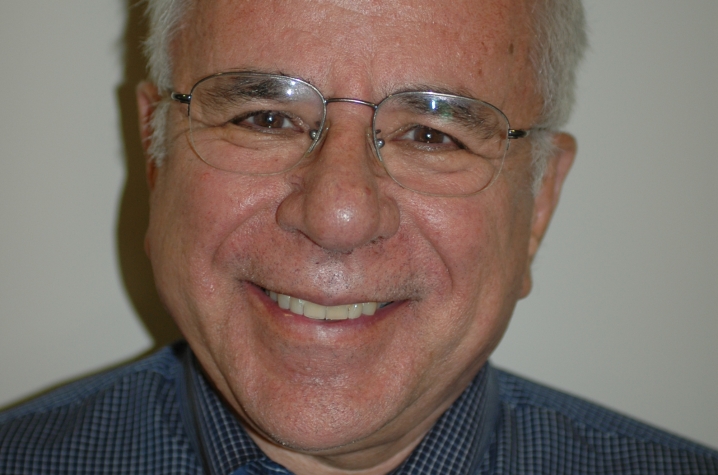Aphasia is Treatable and Often Misunderstood Communication Disorder

LEXINGTON, Ky. (June 17, 2014) -- Aphasia is a language problem caused by brain injury, typically a stroke. Aphasia occurs when a stroke or other brain injury damage and disconnect areas of the brain responsible for language, which includes not only speech, but also the ability to comprehend, read, write, and even gesture. Approximately one million people in the United States have aphasia, and more than 200,000 Americans are diagnosed each year. Aphasia is sometimes mistaken for intellectual impairment, and so they are often ignored because they may seem not to understand, or “shouted at” as if they have a hearing loss.
Individuals with aphasia are like snowflakes because no two people communicate the same way. For example, when asked about the 2014-2015 UK basketball team, Mr. Z might just smile and nod his head enthusiastically; Mr. Y might say, “Wow good”; and Mr. H. might say, “They are going to go all the way.” While all reflect hope for the coming season, they do so differently. Aphasia clinicians and researchers have the skills and experience to examine these varied responses and use this information to determine the severity and type of aphasia and its causes and to develop a treatment plan.
Currently, individual or group speech and language therapy from licensed speech-language pathologists is the primary means of treating aphasia. Aphasia therapy seeks to restore as much communication as possible, promote the use of compensatory strategies, and help the patient and the family resume desirable pre-stroke activities.
The World Health Organization (WHO) advocates treatment for people with aphasia both in the short-term (when survival from the stroke is the first priority) an in the long-term when functional (i.e. having a conversation) and psychosocial (i.e. going back to meaningful activities) needs are paramount. The National Aphasia Association (NAA) (www.aphasia.org) is promoting June as National Aphasia Awareness Month.
In Lexington, the University of Kentucky Speech and Hearing Clinic provides speech and language therapy to individuals with aphasia and also sponsors the Greater Lexington Aphasia Support System (GLASS), a support group for people affected by aphasia. For more information on the GLASS program, contact remarsh@uky.edu or log on to the UK College of Health Sciences website at http://bit.ly/ukchs.
Robert C. Marshall is a Professor in the Division of Communication Sciences and Disorders in the College of Health Sciences at the University of Kentucky and an internationally recognized authority on aphasia and its treatment.
This column appeared in the June 15, 2014, edition of the Lexington Herald-Leader.




